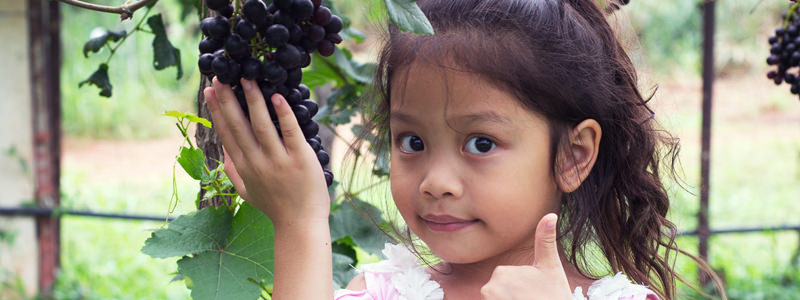
Great news for all the new mothers out there just in time for the holidays, there’s no need to pump and dump. We know this may be a shock, since it’s probably what your mom and many of your friends did, but in reality, while pumping and dumping may feel like you’re protecting your new baby from alcohol, while still getting your fix – hey, there’s only so much family time new moms can take – it’s actually a precaution that is completely unnecessary.
We know, we know, but babies aren’t supposed to have booze, and if you drink the booze is going to go right into your milk. While it’s true alcohol is very bad for babies – although we have a slight suspicion that doesn’t stop our French friends from starting them young – the booze is actually only in your milk while you’re in the process of consuming it, the same as with your blood, so all it takes is a little waiting and the alcohol dissipates. No pumping and dumping needed.
Still don’t believe us? Then maybe you’ll trust Slate who first published this earth-shattering news:
Let’s start with some basic physiology. When you sip a glass of mulled wine, the alcohol moves from your stomach to your intestines and into your blood. It also passes into breast milk in approximately the same concentration—in other words, when your blood alcohol concentration is 0.08 percent, alcohol is in your milk at a 0.08 percent concentration, too. These concentrations peak about 30 to 45 minutes after you’ve had your glass, and then they both start to drop as your body breaks the wine down. So instead of having to throw your milk away after you’ve been drinking (“pump and dump”), you simply need to wait. Once you’ve sobered up, your milk will be alcohol-free again.
But what if you can’t wait until your buzz fades to feed that newborn? It turns out you’re not so screwed:
If a 150-pound nursing mom downs four alcoholic drinks—say, four 5-ounce glasses of table wine—and then breast-feeds her 13-pound baby 4 ounces of milk when she’s at her tipsiest, her baby will end up with a blood alcohol concentration of 0.0038 percent—the same blood alcohol concentration her mom would have after consuming a mere 1.5 ounces of Bud Light, which should have no clinical significance to the baby, according to researchers. Ultimately, there is a higher concentration of alcohol in some fruit juices—which can contain up to 0.1 percent alcohol due to fermentation of the sugars—than there is in the breast milk of a tipsy nursing mom.
However, we don’t want to make this sound like we’re advocating for new moms to go out and get wasted. There is still a large difference between breastfeeding a newborn after a few drinks, and binge drinking before feeding time.
So go ahead and have the glass of wine you desperately need when your in-laws start giving you the parenting advice you never asked for in the first place, and don’t worry about that annoying pump and dump.
Header image via Shutterstock.com
